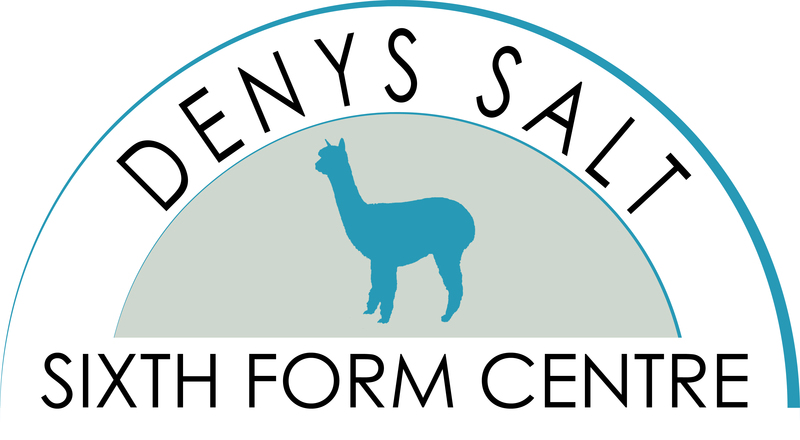
Sociology is a social science which includes the study of human social relationships by analysing and explaining important matters in our personal lives, our communities, and the world. Sociology’s subject matter is diverse, covering sociological perspectives from Marxism through to the New Right and covers topics including Education, Families and Relationships, Globalisation and Crime and Deviance. Year 12 Education: explore the different reasons for educational achievement and role of education within society and who benefits from it from different sociological perspectives. Theory and Methods: how and why social life follows the patterns it does. Research Methods: the different research methods used by sociologists in sociological research. Families and Households: the relationship of the family to the social structure and social change and the patterns of marriage, cohabitation, separation, divorce and childbearing the life-course. Year 13 Crime and Deviance: distinguish between the concepts of Crime and Deviance. Theory and Methods: how and why social life follows the patterns it does. The Media: The role of the media in contemporary society. Studying sociology is a great foundation for any social science courses in higher education. Previous students have successfully gone on to study sociology or related degrees such as criminology, globalisation, social policy and social work. Careers can include the areas of: teaching, criminal justice system, police, marketing, youth work, community work, journalism and social work.
Minimum five GCSE passes (grades 4 or 5) including English Language and Maths. Students must also meet subject specific minimum entry requirements (shown below).
Assessment takes place at the end of the two-year course. Students are examined on all course content delivered in Year 12 and Year 13. There are three written exams, 2 hours each, offering a range of extended writing opportunities. Each paper is worth 80 marks.
About Education Provider
| Region | Yorkshire and the Humber |
| Local Authority | Bradford |
| Ofsted Rating | Good |
| Gender Type | Co-Educational |
| Address | Higher Coach Road, Baildon, Shipley, BD17 5RH |
Sociology is a social science which includes the study of human social relationships by analysing and explaining important matters in our personal lives, our communities, and the world. Sociology’s subject matter is diverse, covering sociological perspectives from Marxism through to the New Right and covers topics including Education, Families and Relationships, Globalisation and Crime and Deviance. Year 12 Education: explore the different reasons for educational achievement and role of education within society and who benefits from it from different sociological perspectives. Theory and Methods: how and why social life follows the patterns it does. Research Methods: the different research methods used by sociologists in sociological research. Families and Households: the relationship of the family to the social structure and social change and the patterns of marriage, cohabitation, separation, divorce and childbearing the life-course. Year 13 Crime and Deviance: distinguish between the concepts of Crime and Deviance. Theory and Methods: how and why social life follows the patterns it does. The Media: The role of the media in contemporary society. Studying sociology is a great foundation for any social science courses in higher education. Previous students have successfully gone on to study sociology or related degrees such as criminology, globalisation, social policy and social work. Careers can include the areas of: teaching, criminal justice system, police, marketing, youth work, community work, journalism and social work.
Minimum five GCSE passes (grades 4 or 5) including English Language and Maths. Students must also meet subject specific minimum entry requirements (shown below).
Assessment takes place at the end of the two-year course. Students are examined on all course content delivered in Year 12 and Year 13. There are three written exams, 2 hours each, offering a range of extended writing opportunities. Each paper is worth 80 marks.